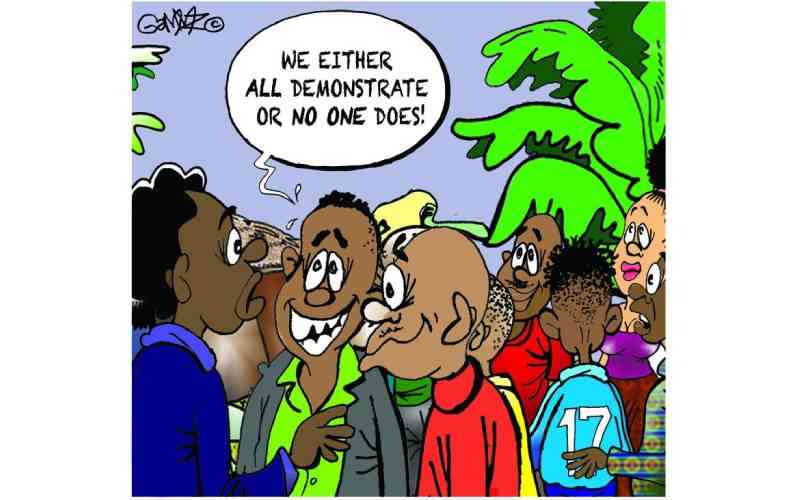×
The Standard e-Paper
Kenya's Bold Newspaper

A police officer in France shot and killed a 17-year-old boy in Nantere and Paris collapsed into anarchy, with a riotous public raining havoc in the streets for days.